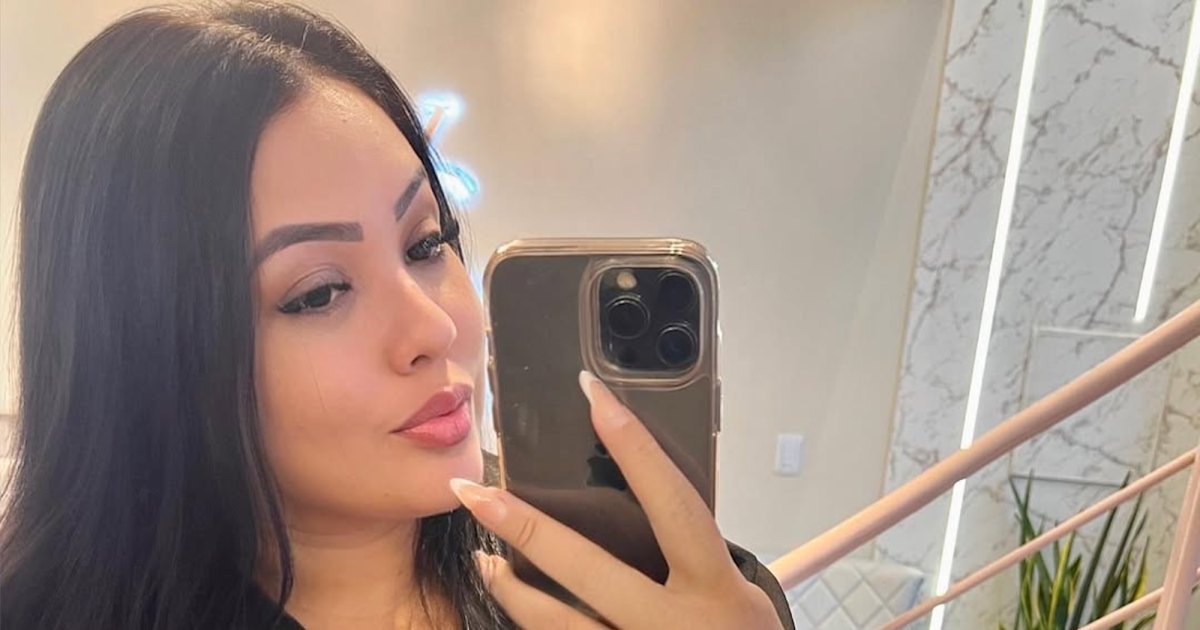Tragic Turn: Influencer’s Journey to Recovery Ends in Heartbreak
In a devastating turn of events, 28-year-old social media influencer Lena Carter passed away unexpectedly last week while recovering from weight loss surgery in Miami. The fitness and lifestyle content creator, who amassed over 500,000 followers, had documented her decision to undergo a gastric sleeve procedure just days before complications arose. Her death has reignited urgent conversations about the risks of cosmetic surgeries and the intense pressures influencers face to conform to beauty standards.
The Rising Popularity—and Perils—of Weight Loss Surgeries
Carter’s tragedy underscores a growing trend: elective weight loss procedures have surged by 40% globally since 2018, according to the International Society of Aesthetic Plastic Surgery. While many patients achieve life-changing results, the risks—ranging from blood clots to anesthesia complications—remain stark. “No surgery is routine,” warns Dr. Alicia Monroe, a bariatric surgeon in New York. “Patients often underestimate the physical toll, especially when influenced by social media success stories.”
Data from the American Society for Metabolic and Bariatric Surgery reveals sobering statistics:
- 1 in 1,000 patients faces life-threatening complications post-surgery
- Nearly 30% experience nutritional deficiencies long-term
- Psychological support is recommended but frequently overlooked
The Dark Side of Influencer Culture
Carter’s platform celebrated body positivity, yet followers noted her recent shift toward promoting rapid weight loss methods. “The pressure to maintain an ‘ideal’ image is crushing,” says psychologist Dr. Evan Fischer. “Influencers often equate their worth with engagement metrics, leading to extreme choices.”
Industry insiders point to a vicious cycle:
- Brands prioritize influencers with specific aesthetics
- Algorithms reward dramatic transformations
- Followers demand constant content, leaving little room for recovery
Regulatory Gaps and Patient Safety
While Carter’s exact cause of death remains undisclosed pending autopsy, her case highlights gaps in pre-surgery evaluations. Unlike countries like Brazil, where psychological screenings are mandatory, U.S. regulations vary by state. “A 15-minute consultation isn’t enough to assess readiness,” argues Dr. Monroe.
Advocacy groups are now pushing for:
- Standardized mental health assessments
- Stricter social media disclosure requirements for sponsored procedures
- Extended post-op monitoring periods
A Community in Mourning
Carter’s followers have flooded her final Instagram post with tributes, many sharing how her authenticity inspired them. Meanwhile, fellow influencers are grappling with their own roles in perpetuating unrealistic standards. “We’re all complicit,” admits wellness creator Jasmine Ruiz. “Lena’s story is a wake-up call to prioritize health over hashtags.”
What Comes Next?
As Carter’s family prepares legal action against the surgical center, the broader conversation continues. Legislators in California and New York are drafting bills to increase transparency in cosmetic surgery advertising. Meanwhile, platforms like TikTok are testing warnings on posts promoting extreme body modifications.
For those considering similar procedures, experts advise:
- Research surgeons’ credentials and complication rates
- Seek independent medical advice—not just testimonials
- Plan for at least 6-8 weeks of recovery with professional support
Carter’s legacy may ultimately catalyze change in an industry where perception often outweighs reality. To support ethical influencer practices, consider advocating for stricter health disclosures on sponsored content.
See more WebMD Network



